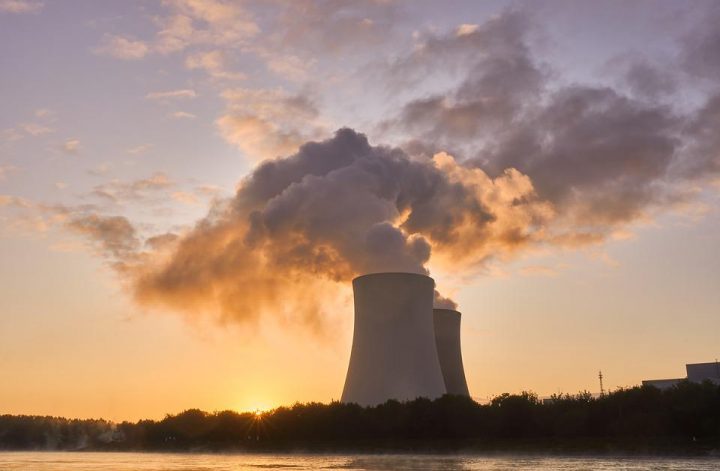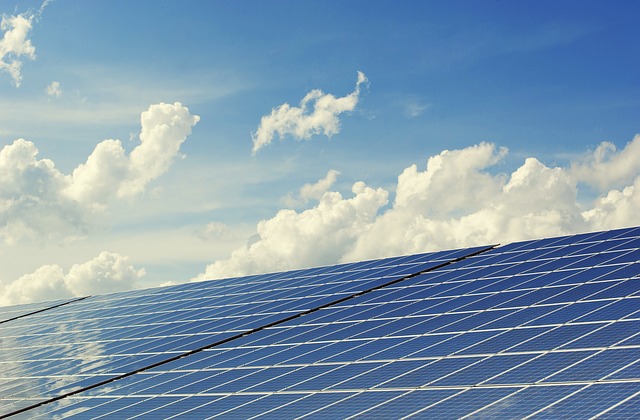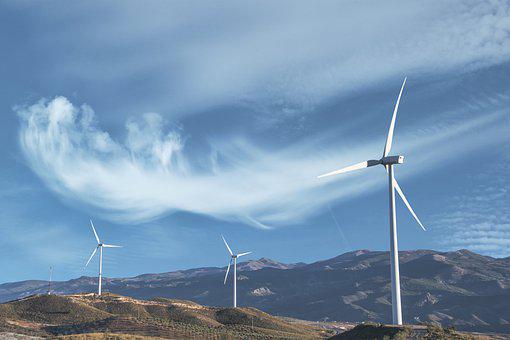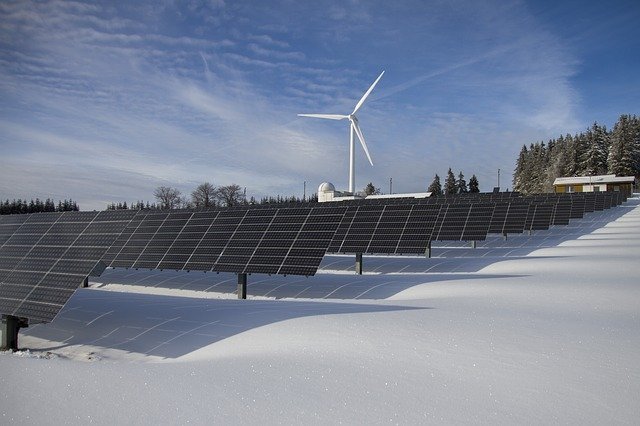Introduction Nuclear energy is the type of energy produced by a process known as fission. Electricity is generated in several ways such as using solar panels, coal burning, or maybe by capturing the heat from atoms that split apart. If electricity is produced from splitting atoms apart then it is called nuclear energy. Thermal power […]
What is Solar Energy? – Uses, Advantages, Disadvantages
Introduction For billions of years, energy has been produced by the sun. Solar energy is the sun’s beams (solar radiation) that reach the earth. This solar energy can be converted into different forms of energy like heat and electricity. In the 1830s, a solar thermal collector box (a device that collects sunlight to gather heat) […]
What is Wind Energy? – Uses, Advantages, Disadvantages
Introduction Wind energy is a transformed form of solar energy that is created in its core by the nuclear fusion of hydrogen (H) into helium (He). The H-He fusion reaction generates heat, and electromagnetic radiation pours out from the sun in all directions into space. Despite the fact that just a small percentage of solar […]
Renewable Alternative Energy Resources – Advantages and Disadvantages
INTRODUCTION Renewable Sources: These are naturally occurring resources that get replenished over time. Examples are geothermal heat, tides, precipitation, wind, sunlight, waves, etc. The energy that is produced from renewable natural resources is called renewable energy. It also involves energy that is produced from a renewable resource such as biomass. Non-Renewable Sources: These are natural […]




